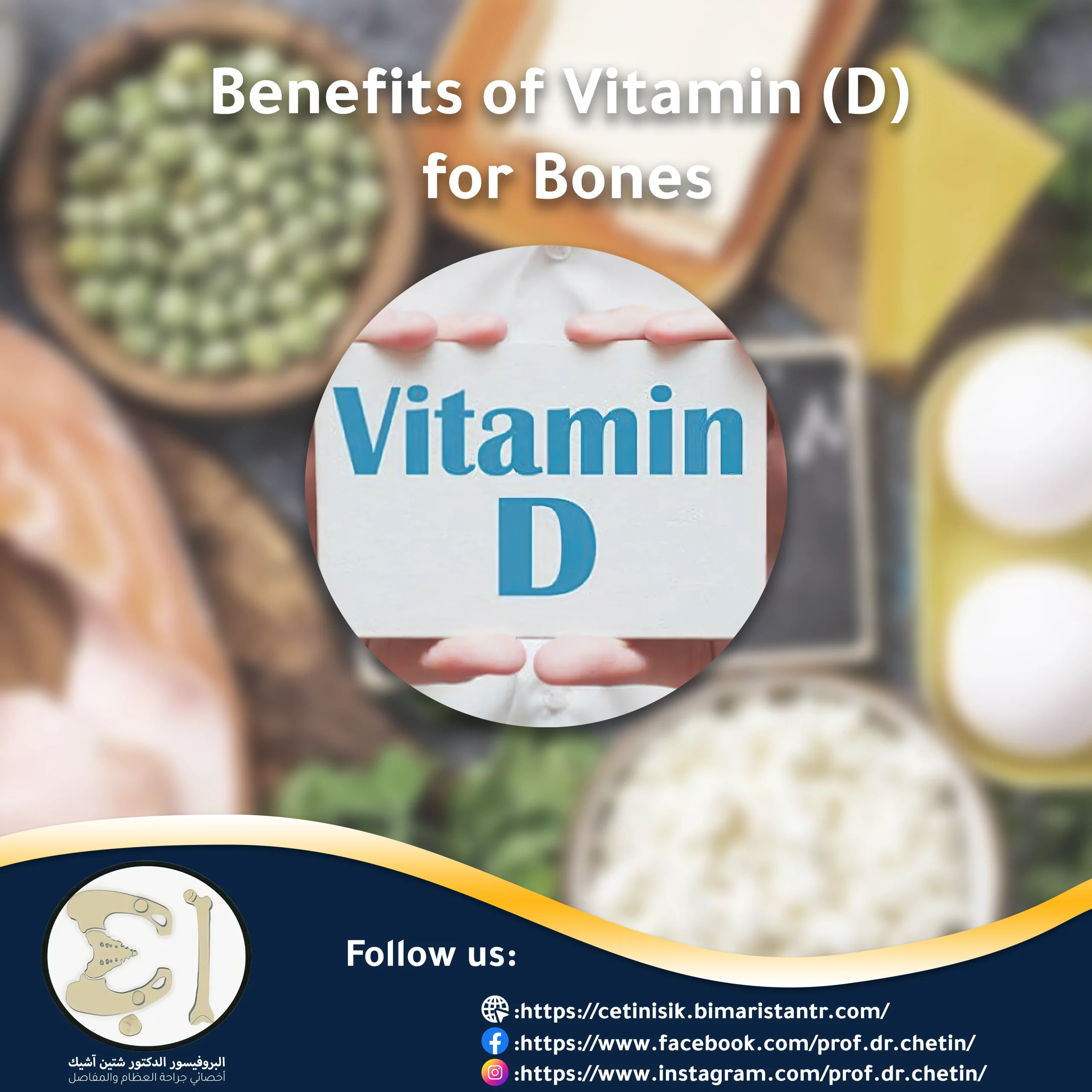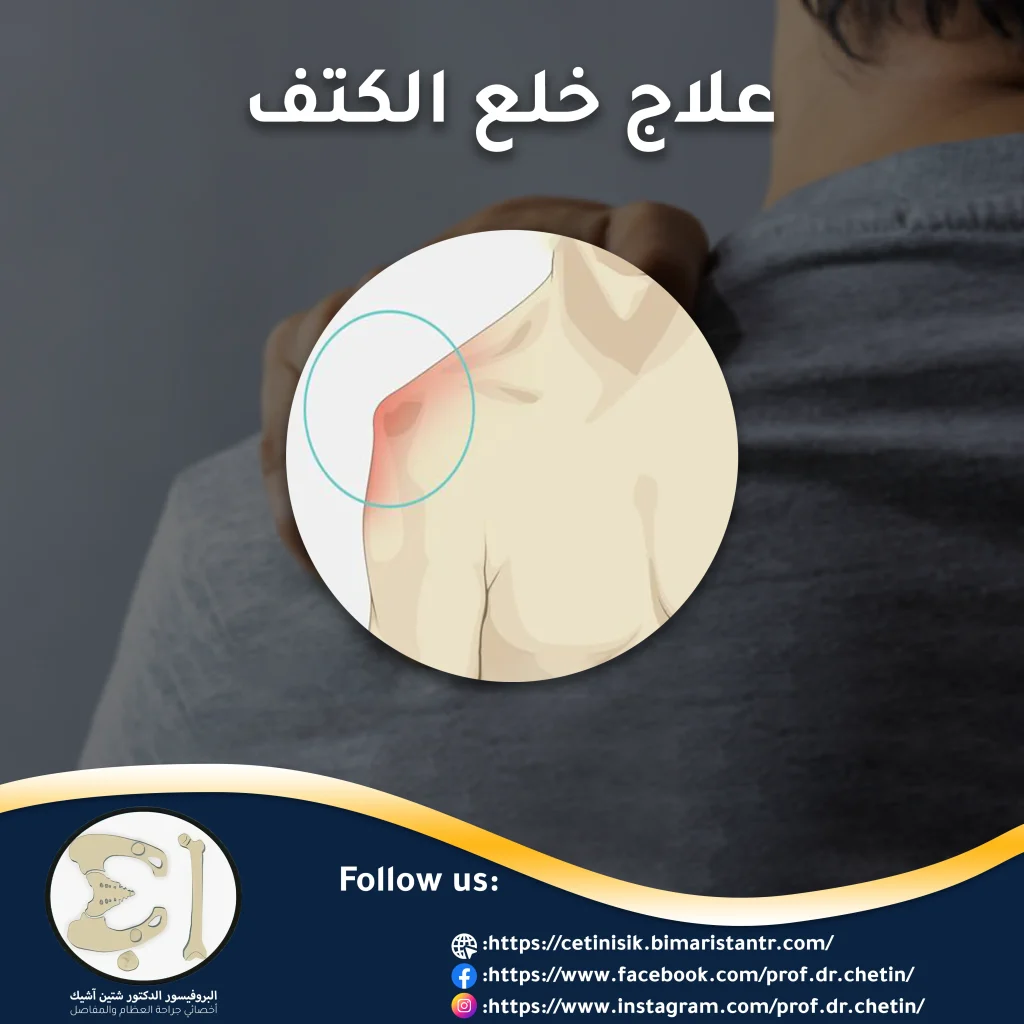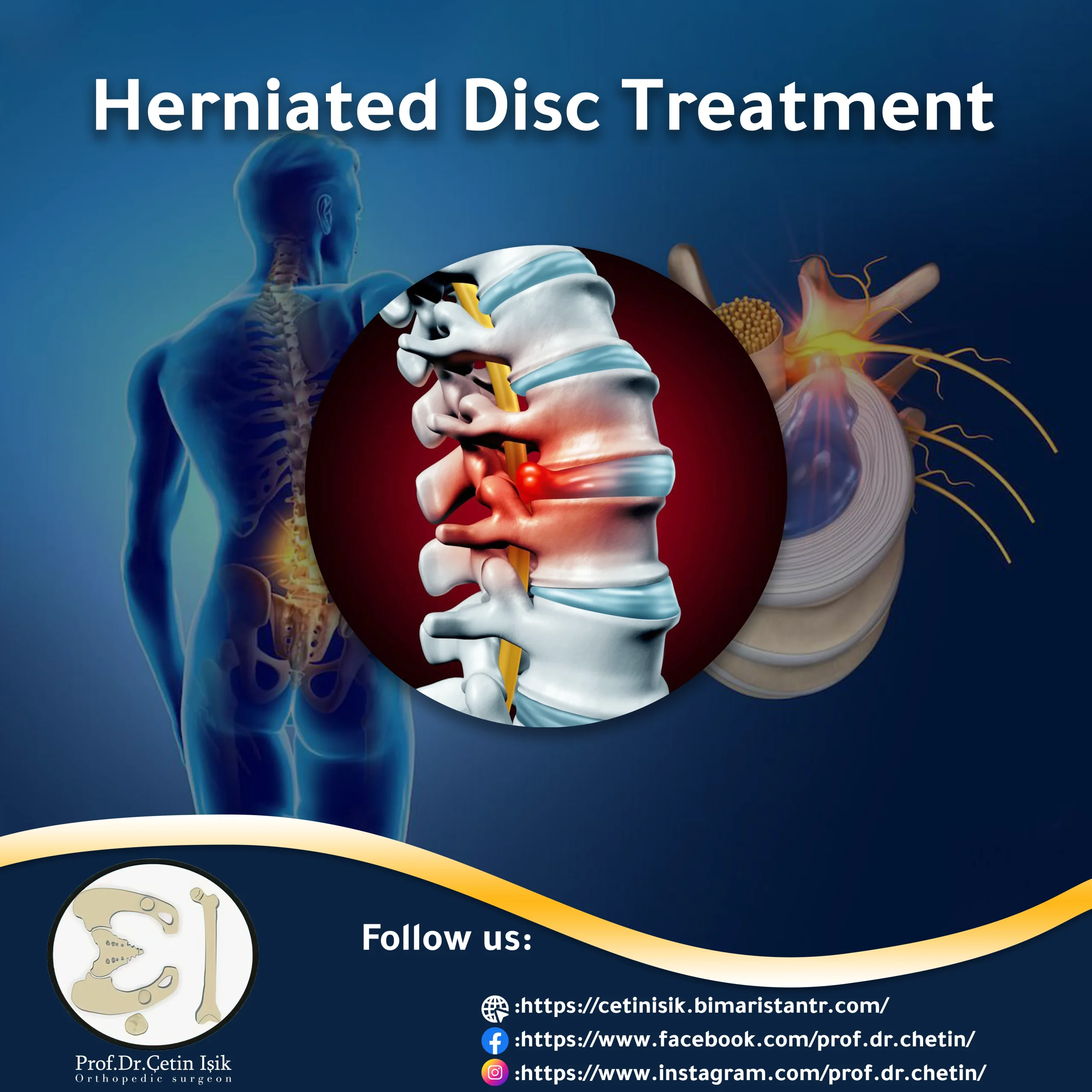The benefits of vitamin D for bones make you immediately look for its sources. A sufficient amount of it in the body makes the bones strong and protects them from diseases, in addition to its many benefits for the rest of the body’s organs.
Bone strength lies in getting the materials that go into its construction in sufficient quantity. From here, you can know the reason for the benefits of vitamin D for bones, as it enhances the absorption of essential minerals that build bone tissue, such as calcium and vitamin D. Getting enough vitamin D along with the appropriate proportion of calcium guarantees strong bones and protects you from the risks of many bone diseases.
What is vitamin D?
Vitamin D is an important vitamin for the body in general and bones in particular. It is formed naturally in the body under the skin after exposure to sunlight, where ultraviolet rays work on its synthesis. It can also be obtained from food.
Vitamin D plays many roles in the body, as it enhances the performance of the immune system in the body. Its availability in an appropriate proportion in the body gives you fresh skin and strong hair and reduces its loss; as for the bones and muscles, it has an effective role in their strength.
Vitamin D benefits for bones
The function of vitamin D for bones is not an easy thing. Vitamin D plays a strong role in the strength of bones and joints in different ways. Even the muscles that are carried by the bones have a role in the efficiency of their work. The function of vitamin D for bones is as follows:
Helps the absorption of calcium and phosphorous
We all know that bones need calcium and phosphorous as essential minerals for their construction. The lack of these minerals causes osteomalacia in the growth stage, especially in children (Rickets), and in adults it causes Osteoporosis. Also, these minerals have other functions in the body.
One of the most important benefits of vitamin D for bones is that it helps your body absorb the amounts of calcium and phosphorous you need. The vital link between the two minerals and vitamin D was observed in patients with bone diseases related to calcium and phosphorous deficiency, such as osteoporosis.
The presence of sufficient amounts of vitamin D dramatically helps increase calcium and phosphorous absorption from food. It can be noted that many nutritional supplements intended for the treatment of osteoporosis, for example, have been added to vitamin D for greater effectiveness and efficiency.
Reduces the incidence of arthritis
Vitamin D has a beneficial and effective role in enhancing the strength of the body’s immune system. This effectiveness has been observed in many studies conducted, for example, in patients who suffer from Rheumatoid Arthritis which is an autoimmune disease whose vitamin D level is lower than that of people who do not have this disease.
Also, a British study has shown that people who are deficient in vitamin D are more likely to develop rheumatoid arthritis.
Reduces joint stiffness
Erosion of the cartilage surrounding the heads of the bones, which causes joint stiffness, may have a close relationship with vitamin D. The benefits of vitamin D for bones lie not only in the formation of bones but also cartilage as well. Vitamin D reduces the roughness of the knee joint, especially with age.
Protects against osteoporosis
Osteoporosis affects the elderly, mostly women, after menopause. This disease means that the bones become thin, brittle, and easy to break due to a lack of the main components of the bones. Getting adequate vitamin D would protect the bones from this fragility by enhancing bone absorption.
Protects against osteomalacia
Osteomalacia disease often affects children, and it is called rickets. In this disease, children's bones become very soft so that it can cause some curvatures in the bones. Osteomalacia occurs due to a severe deficiency in calcium, phosphorus, and other minerals that make up bone tissue. Here comes the role of vitamin D; supplying the body with sufficient quantities of it will give the bones more strength and durability because it will help the body to increase the absorption of these minerals.
Reduces weight gain
Among the benefits of vitamin D for bones is also that it protects against obesity; As weight gain has a very close relationship with some bone diseases, such as osteoporosis. Many scientific researches have proved that people who are overweight have a higher risk of developing osteoporosis.
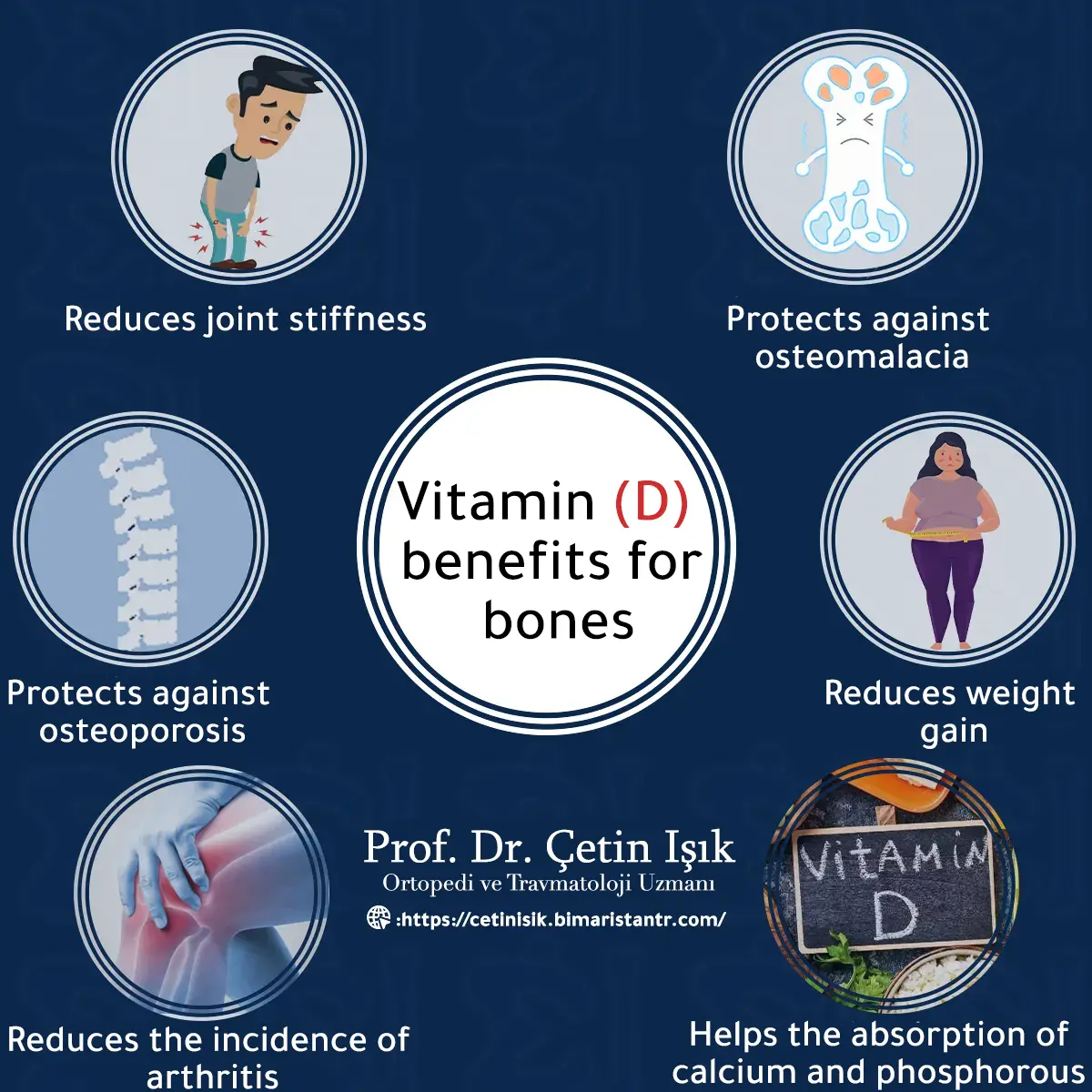
How to get Vitamin D
Given the importance of vitamin D for the bones and the body, we should get an adequate amount of it. To do this, we should know its sources. The most important sources are:
Sun light
One of the most important sources of vitamin D. The body can activate vitamin D stored under the skin from the ultraviolet rays of the sun. A sufficient amount of vitamin D can be obtained if we are keen to be exposed to sunlight, especially in the early morning periods, and before sunset, because sunlight in this period is available in it. The largest amount of ultraviolet radiation, also the sun's heat is as low as possible and will not cause burns.
Food
Many foods contain vitamin D. To see if you're getting the benefits of vitamin D for bones, make sure your diet includes these foods:
- Some fish such as tuna, mackerel and salmon.
- Beef liver
- Steaks
- Milk
- Yolk
- Ricotta cheese
- Foods fortified with vitamin D, such as baby formula and breakfast cereals
- Mushroom
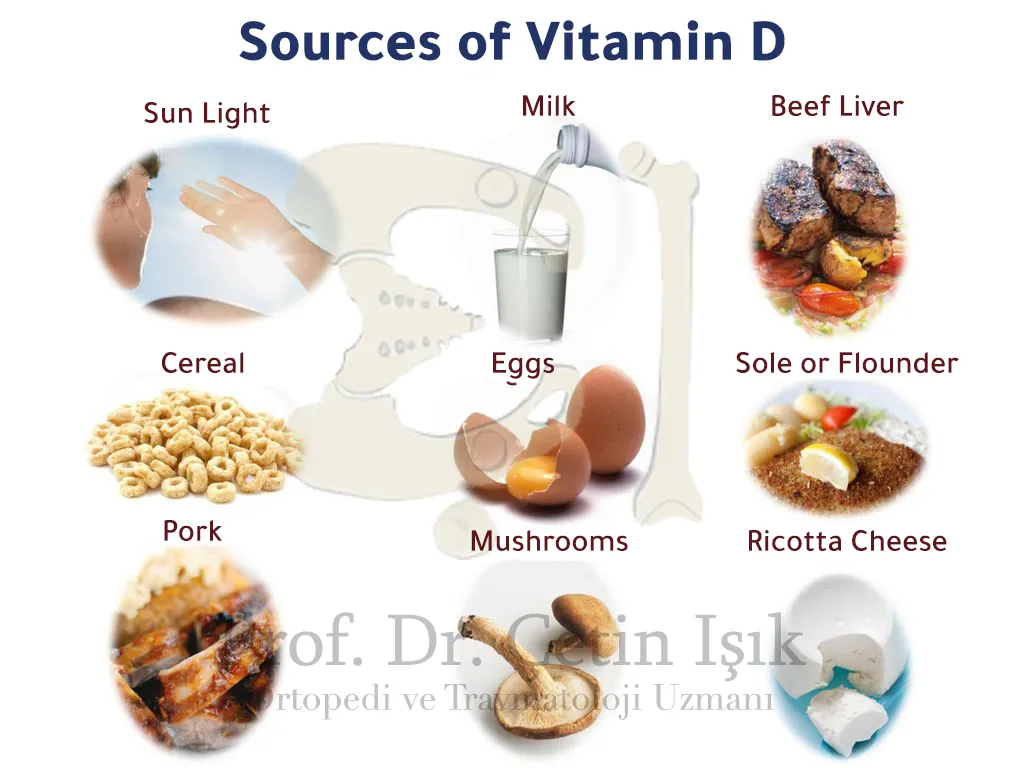
People at risk of vitamin D deficiency
For strong bones, you should get an adequate amount of vitamin D, which is 600 IU for adults and 800 IU for people over 70. Not everyone is equal in their body's ability to get enough vitamin D. Some people are less able than Others to get vitamin D. Given the benefits of vitamin D for the bones, you should know whether you are one of these. Here is a list of people at risk of vitamin D deficiency:
- Not exposed to enough sunlight.
- People with darker skin, the abundant pigments in brown skin disserve the body's ability to form vitamin D from the sun.
- Over 50, the elderly have a lower ability to synthesize vitamin D than the young.
- Vegans and vegetarians people, the sources of vitamin D are mostly from animal-based foods.
- Have kidney disease or other diseases that impede the absorption of minerals in the body, such as Crohn's disease.
- Patients undergoing long-term treatment with steroid drugs such as rheumatoid arthritis.
- Also, the growing child and the infant who depends on breast milk only need an additional amount of vitamin D.
If you are young or old, you always need vitamin D because of the benefits of vitamin D for bones. Getting vitamin D daily ensures healthy and strong bones.
Sources:
- Royal Osteoporosis Society
- Versus Arthritis
- Medical News Today
- The Orthopedic Surgery Center of Arizona
Common questions
The decisive factor is measuring the level of vitamin D in the body, but it is better to consult a specialist doctor because an excess of it causes damage.
Excess vitamin D in the body leads to loss of appetite, vomiting, and the need to urinate a lot. Also, getting a lot of vitamin D may cause bone pain and the formation of kidney stones.
Some medications that treat high blood pressure and heart disease may interfere with vitamin D.
Yes, vitamin D2 and vitamin D3 which is the best because it is absorbed faster than the other form.


